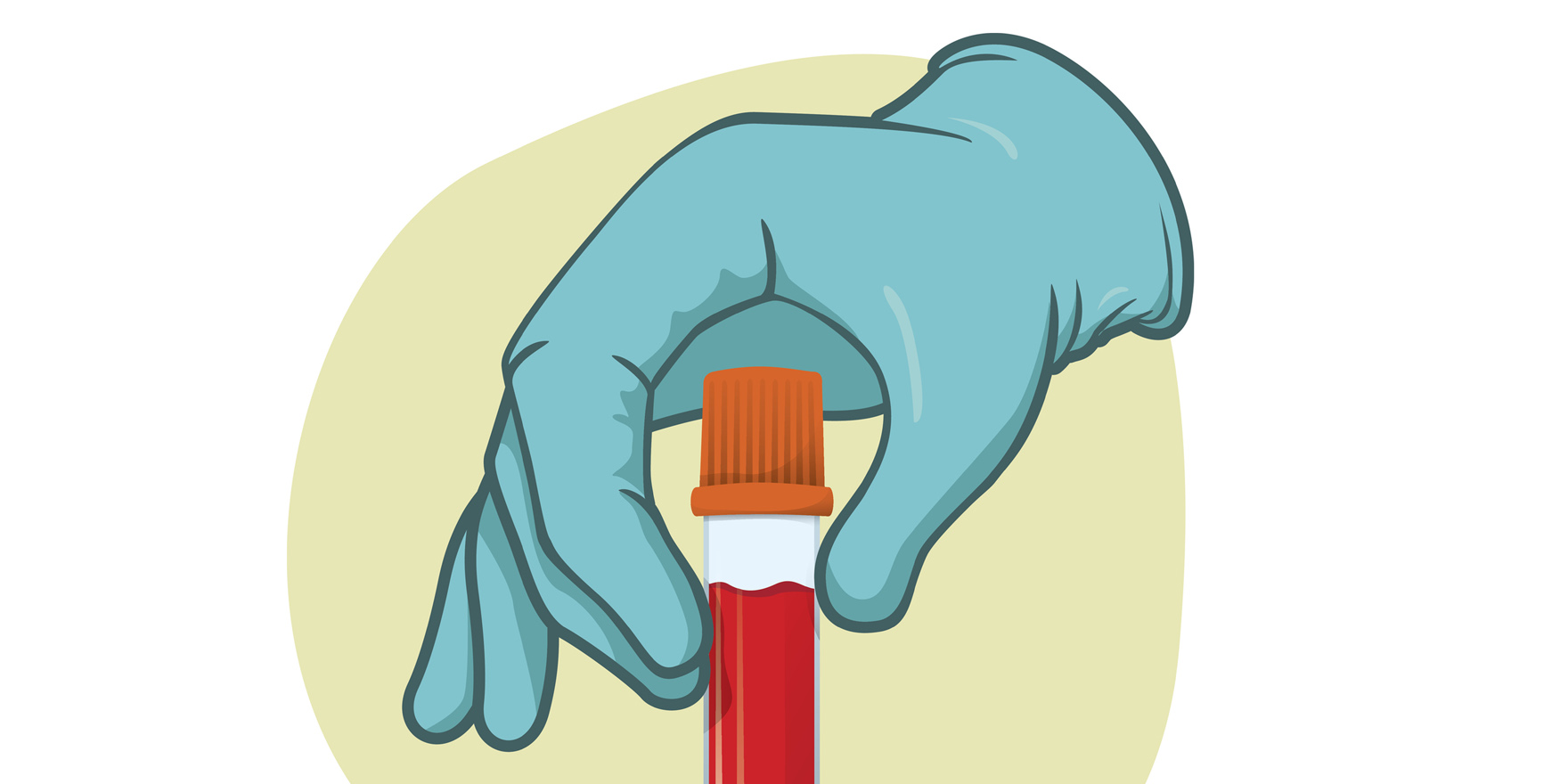Pressure is building to change the failing first-line treatment guidelines for STI superbug Mycoplasma genitalium
Pressure is building for health authorities to address the rise in resistance in STI superbug Mycoplasma genitalium and change the failing first-line treatment recommended by guidelines.
While these infections were often less severe than gonorrhoea, antimicrobial resistance in M. genitalium was on the rise and could result in genuinely untreatable infections much sooner than for gonorrhoea, Dr Jørgen Skov Jensen wrote in the Lancet Infectious Diseases.
The recent TGA approval of two commercial assays earlier this year was hoped to improve the recognition of M. genitalium by offering quicker and more sensitive testing. But unless guidelines were updated to better reflect treatment options, the results could be grim.
“We’re going to reach 100% azithromycin resistance, there’s no question about that,” Associate Professor Catriona Bradshaw, a leading M. genitalium researcher and Melbourne sexual health physician, said.
In Australia, resistance to the azithromycin is up to 60%, and for the second-line treatment, moxifloxacin, resistance is around 15%, with both those levels growing.
“The evidence has reached a point where we know that the widespread use of one gram of azithromycin for STIs and STI syndromes has resulted in an extraordinary escalation in azithromycin resistance in M. genitalium, and resistance has also been seen in syphilis and gonorrhoea,” Professor Bradshaw said.
“We’re seeing extremely high rates of azithromycin resistance in gay men and that’s reflective of the high use of this drug for STIs in that group. So that’s a very good example of what happens with widespread use of the drug in subgroups.”
It was time for major changes in the approach to managing the syndromes the infection was associated with, she said.
“Azithromycin is very, very widely used for nongonococcal urethritis, for cervicitis, for PID, for chlamydia, it’s in the gonorrhoea regimen and it’s recommended for M. genitalium,” she said.
European and UK guidelines have moved away from recommending azithromycin as the first-line, to recommending doxycycline instead. Professor Bradshaw, and her colleagues at Melbourne’s sexual health centre are calling for the same change in the guidelines here.
“Doxycycline is a highly effective treatment for the STI syndromes like M. genitalium, cervicitis, proctitis and it is highly effective for chlamydia,” Professor Bradshaw said.
Data showed it was a very effective strategy to put people on doxycycline rather than azithromycin when they came in with symptoms, then once the test results were back to then treat the cause of that syndrome.
“It’s achieving very high levels of cure, in excess of 90%, for M. genitalium when we use this approach.”


